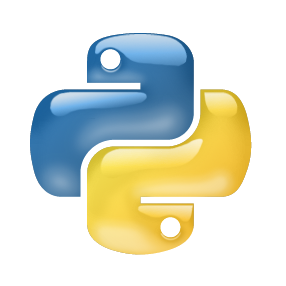Development of controllers, novel robot kinematics, and learning-based applications of robotics today happens almost exclusively in simulation first before being implemented in the real world. In particular, Modular Reconfigurable Robots (MRRs) are an exciting innovation in industrial robotics, promising greater flexibility, improved maintainability, and cost-efficiency compared to traditional manipulators. However, there is no tool or standardized way to simulate and model assemblies of modules in the same way it has been done for robotic manipulators for decades. We introduce the Toolbox for Industrial Modular Robotics (Timor), a python toolbox to bridge this gap and integrate modular robotics in existing simulation and optimization pipelines. Our open-source library comes with various examples as well as tutorials and can easily be integrated with existing simulation tools - not least by offering URDF export of arbitrary modular robot assemblies, enabling rapid model generation.
翻译:今天,机器人控制器、新机器人运动学和学习应用的开发几乎完全在模拟中进行,然后才在现实世界中实施。特别是,模块再配置机器人(MRRs)在工业机器人方面是一种令人振奋的创新,与传统操纵器相比,具有更大的灵活性、更高的可维护性和成本效益。然而,在模拟和模拟模块组件组合方面没有工具或标准化方法,几十年来机器人操纵器一直如此。我们引入了工业模块机器人工具箱(UNIT),这是一个填补这一空白并将模块机器人纳入现有模拟和优化管道的双线工具箱。我们的开放源图书馆提供了各种范例以及辅导,并且可以很容易地与现有的模拟工具相结合 — — 特别是提供URDF的任意模块机器人组件出口,从而能够快速生成模型。





